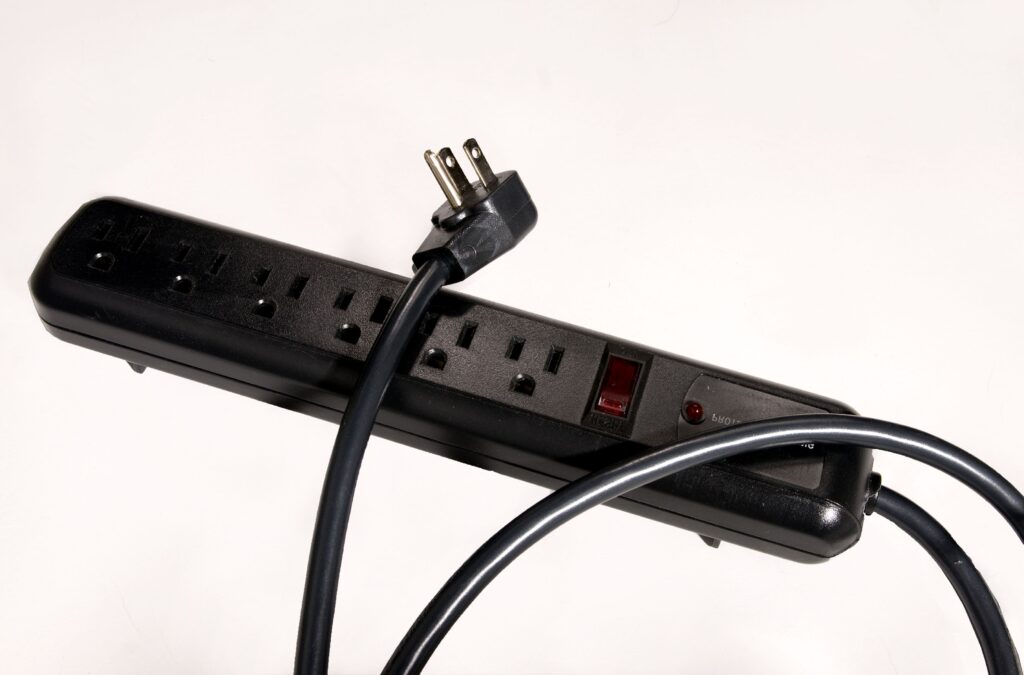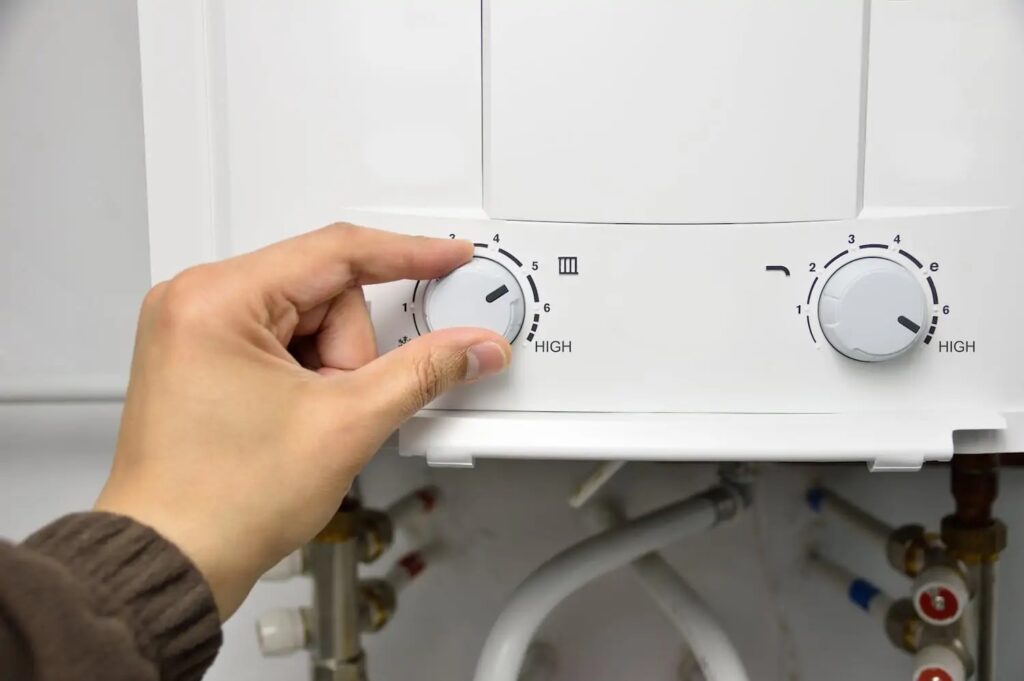Here in Massachusetts, we’re used to weather extremes year round. As the fall continues and winter approaches, it’s important to make sure that your home can withstand the harsh conditions that will inevitably come our way. No homeowner should have to deal with a power outage, especially when your food can spoil and your home is at risk of flooding because the sump pump can’t work. The good news, however, is that you can prepare your home for a power outage with the right kind of generator.
How a Generator Can Help You
Power outages happen, but the problem is what can happen to your home once the power goes out. Homes that experience power outages without a generator are subject to power surges, which can harm your appliances, a flooded basement or damaged plumbing, especially during the winter season, and possibly an entire fridge full of spoiled food. Installing one in your home may be expensive, but the damage done by power outages can be even more costly. Here’s how a backup power system can benefit your home.
- Instant Power. Generators like a backup or standby generator work by detecting when the power goes off, generating power immediately. This prevents power surges because there is a constant source of power running in your home. A power surge is a spike in your home’s electrical current and it usually happens when the power is abruptly cut off and turned back on. Although power surges are common, they can destroy sensitive electronics like your computer or entertainment system and even start an electrical fire.
- Protection. On top of preventing fire hazards, generators make sure important appliances like your home’s security system keep running. Your safety should always be a top priority, but without power your security system can’t protect you and your household from intruders.
- Comfort. A home without power in the dead of winter, or in the hottest month of summer can make anyone miserable. Having a generator installed and ready ensures you stay comfortable no matter when a power outage occurs.
What to Consider Before Installing a Generator
- Load Capacity. Generators aren’t designed to power the entire house, which is why it’s important to prioritize what gets power and what doesn’t. Make sure to run through a list of what needs power, things like your refrigerator, HVAC system, and sump pump, to see which model will best fit your needs.
- Transfer Switch. A transfer switch is a must have, as you can’t just plug in the generator to your house. Your house needs to be disconnected from the grid before starting the generator; otherwise the electricity produced can travel beyond your house and enter the grid, potentially killing any utility employees at work. A transfer switch is a safe solution that works by being wired directly to the house and shutting off power before the power kicks on, directing any power generated to the designated circuits.
- Make and Model. Depending on where you live, you may need to consider something more powerful like a standby model, or something for the occasional power outage, like a portable generator. If you live somewhere secluded where a power outage could last days or have life-saving medical equipment, you might want to consider a standby generator.
- Test it periodically. Once you’ve found the right generator, it’s important to let it run every now and then. Periodic test ensures your system runs, and alerts you of any potential problems. Make sure to keep your generator somewhere level and well-ventilated. The best location is where you can easily access it for refueling later.
Cranney Home Services: Your Local Generator Experts
Cranney offers generator repair, inspection, maintenance, and transfer switch services. For generators that are beyond repair, we will help you pick out a replacement that will best suit the needs of you and your home. Not only will your replacement be an improvement in function from your previous generator, but it will be more energy efficient as well. For all of your generator needs, call Cranney Home Services today!






